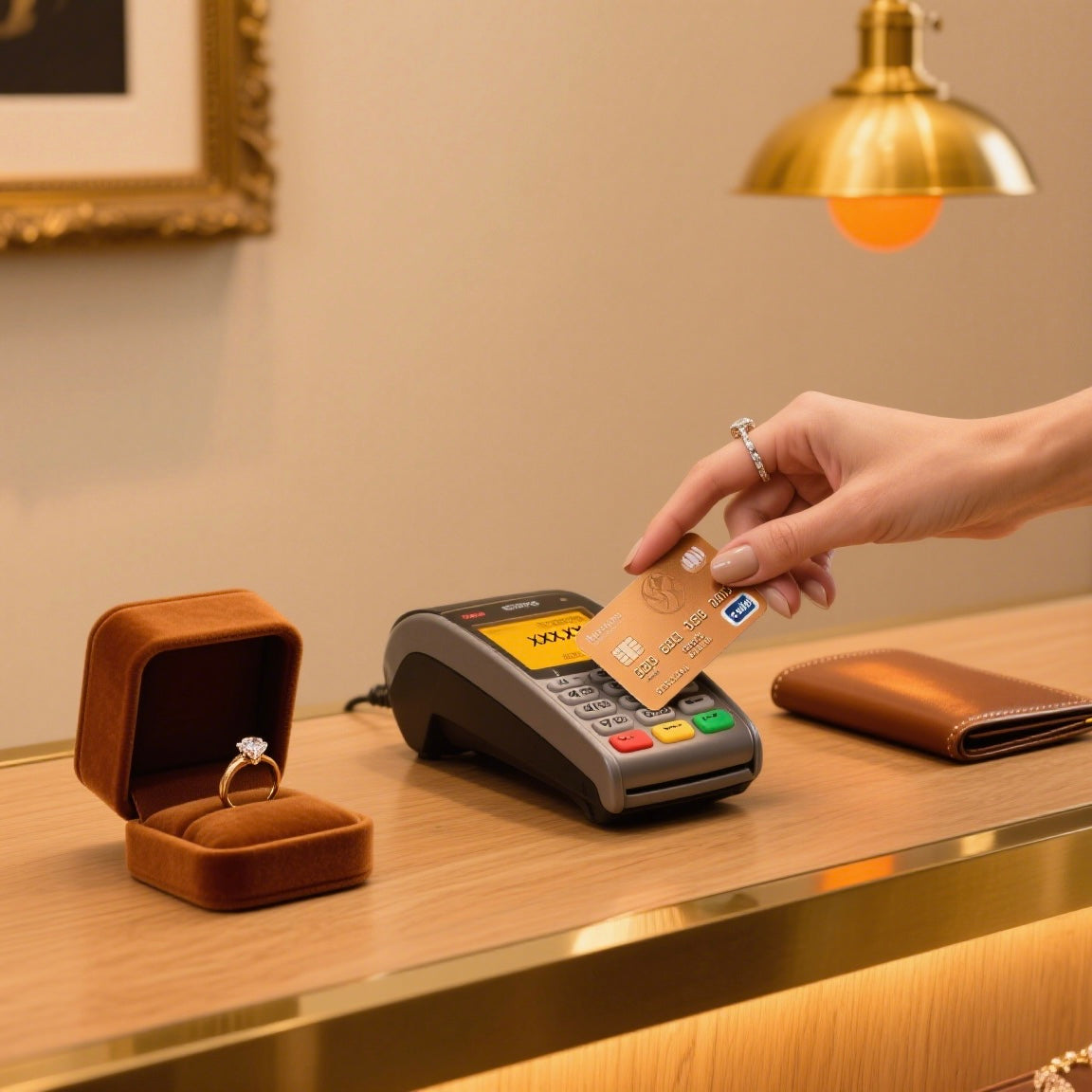
Emotion Code: Rewarding Yourself with A Fine Jewelry
That necklace you've been dreaming of in your jewelry box, the bracelet sitting patiently in your online cart, or those diamond earrings you finally treated yourself to at year-end – we always find a reason to buy jewelry. But have you ever considered that beneath these purchasing decisions lies a deep-seated "self-reward" mechanism quietly guiding your hand? As the share of jewelry bought for traditional wedding occasions drops among younger consumers, jewelry has decisively shed its role as a mere accessory to rituals. Instead, it has evolved into a profound emotion code of rewarding yourself.
💍 I. From Luxury to Essential: The Psychological Upgrade of Jewelry Consumption
A quiet revolution is reshaping the motivations for buying jewelry. Increasingly, consumers purchase gold and fine jewelry primarily for self-adornment, not gifting or investment. This marks a fundamental shift in consumer psychology:
- Instant Mood Boosts: For younger consumers, jewelry acts as a "micro-dose of happiness" injected into high-pressure lives. A gold bead after completing a tough project, a pendant to mark a promotion – these become potent forms of emotional self-care. Each reward increases the likelihood of repeating the desired behavior (like tackling challenging tasks), helping individuals build momentum towards larger, long-term goals.
- Journey Milestones Over Destination Celebrations: Luxury consumption is shifting from commemorating major life events ("landmark moments") to celebrating everyday progress and perseverance. As one Gen Z consumer shared online: "I buy a designer ring after saving bonuses from 10 projects – every small win deserves its celebration."
- Tangible Tokens of Identity: Jewelry has become a visible expression of personal values. When young buyers pay a premium for Tiffany's "Earth Series" (featuring blockchain-traced diamonds) or eagerly snap up collaborations, they are signaling loyalty to sustainability or cultural narratives that resonate with their identity.
- Emotional Regulation & Pressure Valve: These small, intentional acts of self-reward function as psychological "pressure release valves." They provide immediate mood elevation and the "energy" of gemstones, helping replenish mental energy and resilience, enabling individuals to face ongoing challenges without being overwhelmed.

🧠 II. The Double-Edged Sword of Reward Spending: Dopamine vs. Intrinsic Drive
- Activating the Brain's Reward Circuit: Neuroeconomic research reveals that trying on jewelry triggers dopamine release in the brain at levels comparable to receiving cash rewards. This potent physiological pleasure drives consumers to pay for that "instant hit" of joy.
- The Risk to Inner Motivation: However, consistently relying on external rewards for motivation can, over time, undermine the development of intrinsic drive. The key to navigating this lies in cultivating self-affirmation. Actively recognizing and acknowledging your own effort and progress when you complete a task or reach a milestone strengthens self-worth. This can foster the resilience to maintain positive action and motivation even when tangible rewards aren't immediately present.

🌱 III. Rational Pragmatism & Emotional Spending: An Evolving Symbiosis
Modern jewelry consumption isn't just emotional; it's increasingly savvy, blending heart and head:
- Smart Spending Savvy: With gold prices soaring, younger buyers are turning to bank gold bars for custom pieces and embracing old-gold redesigns – actively rejecting excessive brand markups while still acquiring desired items.
- Lightweight Design = Everyday Accessibility: Sales of smaller, lighter pieces – think 0.5g gold pendants, hollow hard-gold zodiac necklaces – are steadily rising. This lower price point transforms jewelry from "heirloom-only" treasures into accessible tokens for frequent self-reward, seamlessly integrating into daily life.
- The Rise of Long-Termism: The philosophy of valuing quality over sheer quantity is gaining significant traction. Long-termist jewelry investments focus on exceptional craftsmanship and timeless design, offering high versatility across numerous occasions and significantly elevating everyday style. Investing in one well-chosen, high-quality piece (even within the affordable luxury segment) means owning something unique, unlikely to be seen on everyone else, designed for enduring wear. Its reasonable price point makes it the perfect meaningful self-reward.

Beyond Transaction, Towards Meaning
When a piece of jewelry is consciously chosen as a "reward for myself," the act of consumption transcends a simple material exchange. It becomes:
- A declaration of self-identity and values.
- A tangible tool for emotional well-being and self-care.
- A lasting witness to personal victories, big and small.
As London School of Economics Professor Sarah Banet-Weiser astutely observed, "Young people are translating moral anxieties into a more complex grammar of consumption." For brands in this space, the imperative goes beyond merely selling jewelry. The true opportunity – and challenge – lies in becoming a resonant voice within the user's own evolving narrative of self-worth, progress, and celebration. Strynthos is also working on caring for your emotions, hoping to offer you not only satisfying jewelry, but also pleasant buying experience.
What are recommended Gifts in Strynthos.




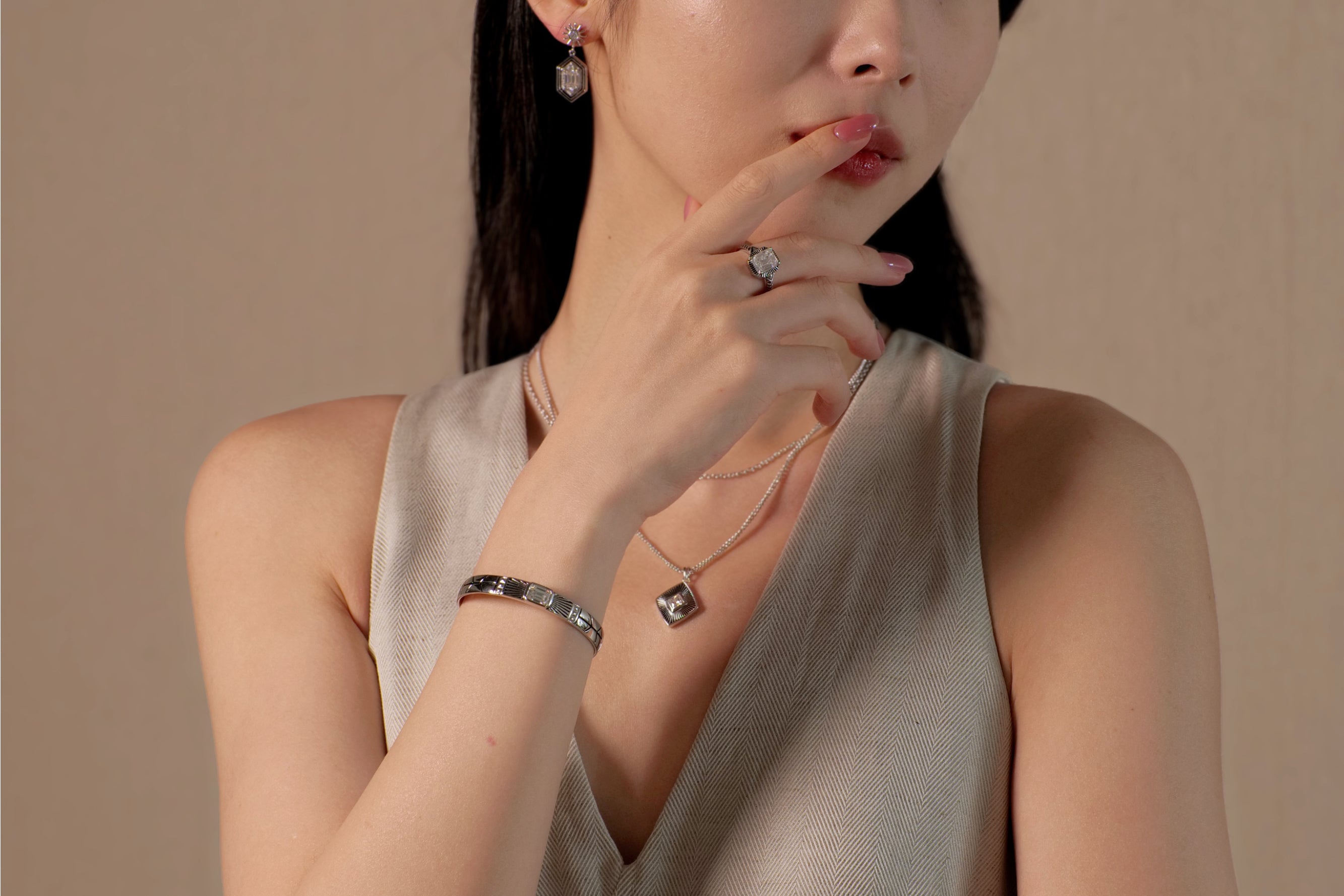
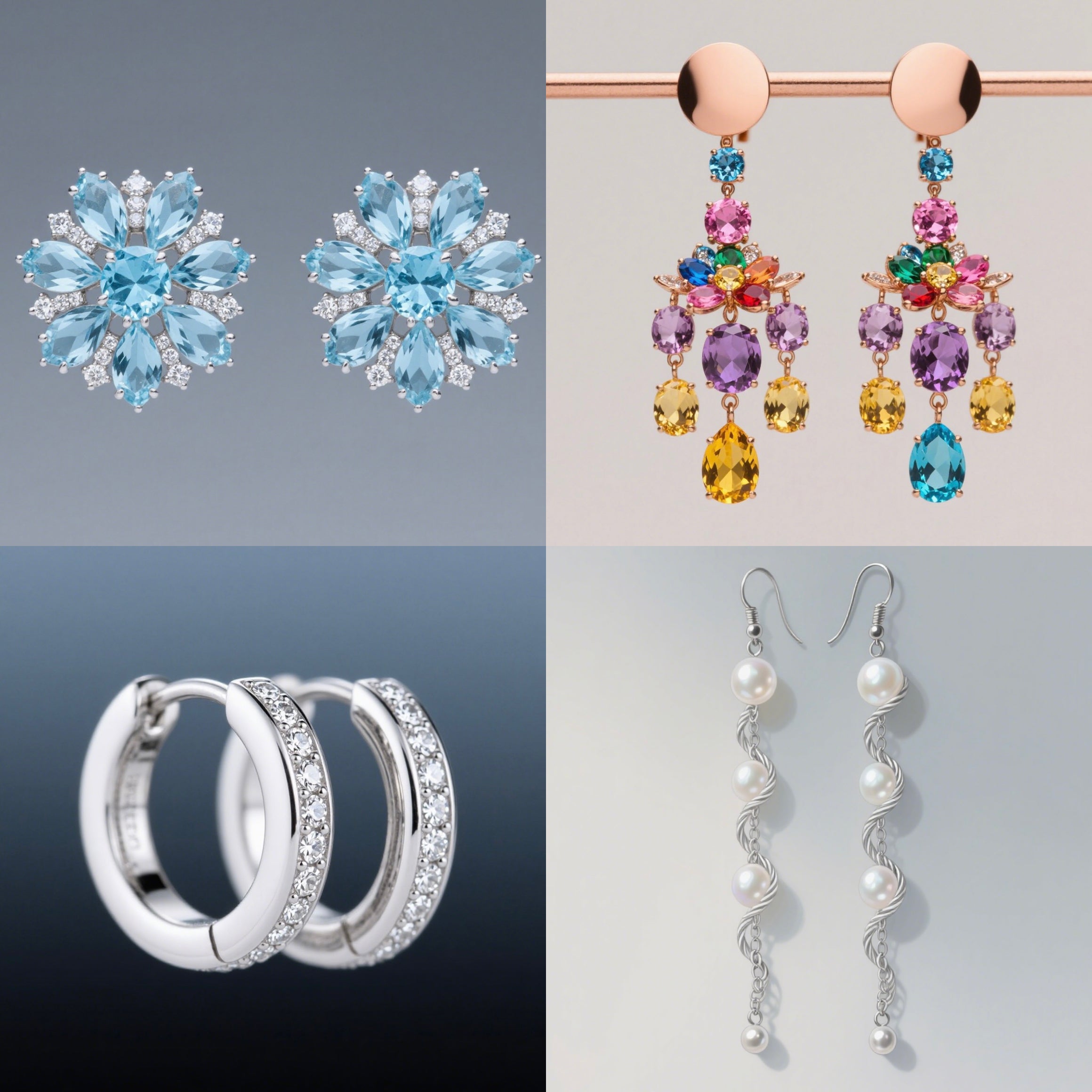
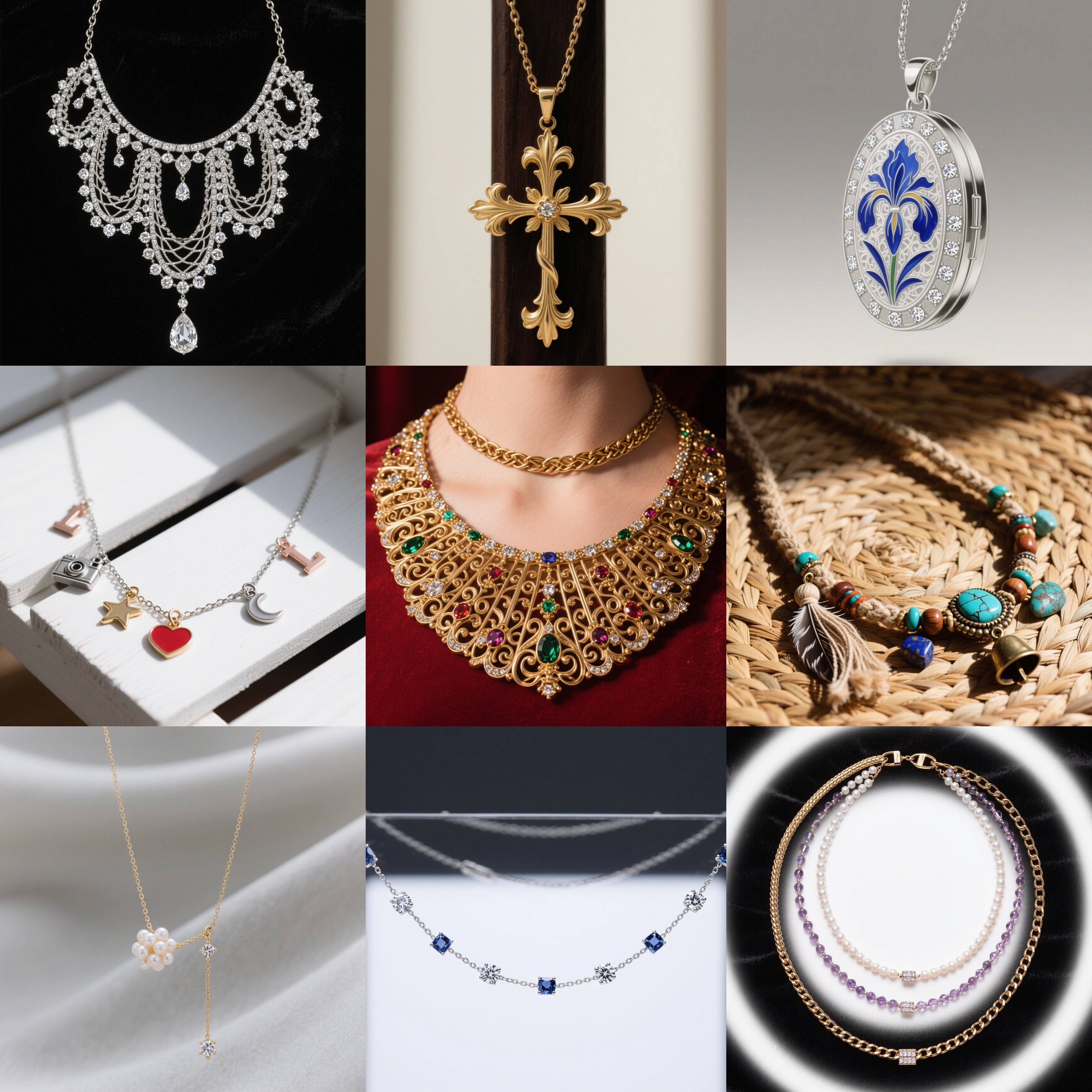
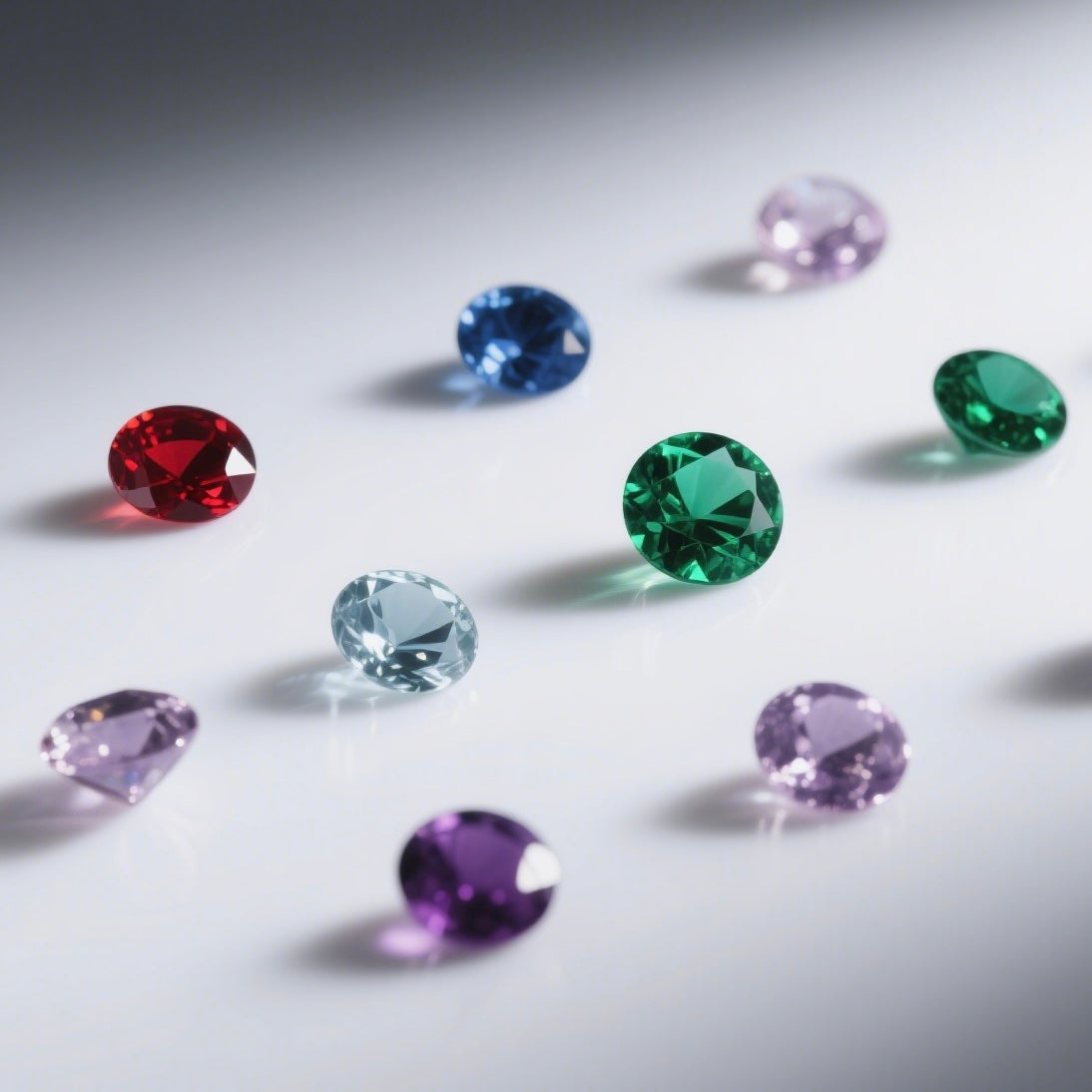
Leave a comment
This site is protected by hCaptcha and the hCaptcha Privacy Policy and Terms of Service apply.